The modest person in national costume welcomed us with a broad smile at the hotel lobby. This person, who has come to Armenia for the first time, is Teacher Educator in Bhutan.
Kinzang Lhendup is Assistant Professor at Royal University of Bhutan and Paro College of Education. Bhutan implements Gross National Happiness Program throughout the country, and the sector of education is also involved. Honored teacher of Bhutan Kinzang Lhendup is responsible for incorporating the program at schools.
Upon the invitation of businessman, entrepreneur Ruben Vardanyan and his wife Veronika Zonabend, CEO and founder of Acronis Serguei Beloussov brought him to Armenia to participate in the graduation ceremony of UWC Dilijan College students and develop ways of cooperation in education sector.
“When we got acquainted with Kinzang Lhendup, he told us about his intention to establish an international school in Bhutan. I thought that the experience of UWC Dilijan College would be useful and interesting for him. Bhutan and Armenia are different and at the same time similar. Both countries are mountainous with exclusively beautiful nature. They don’t have sea and natural resources, and they are surrounded by unfriendly states.
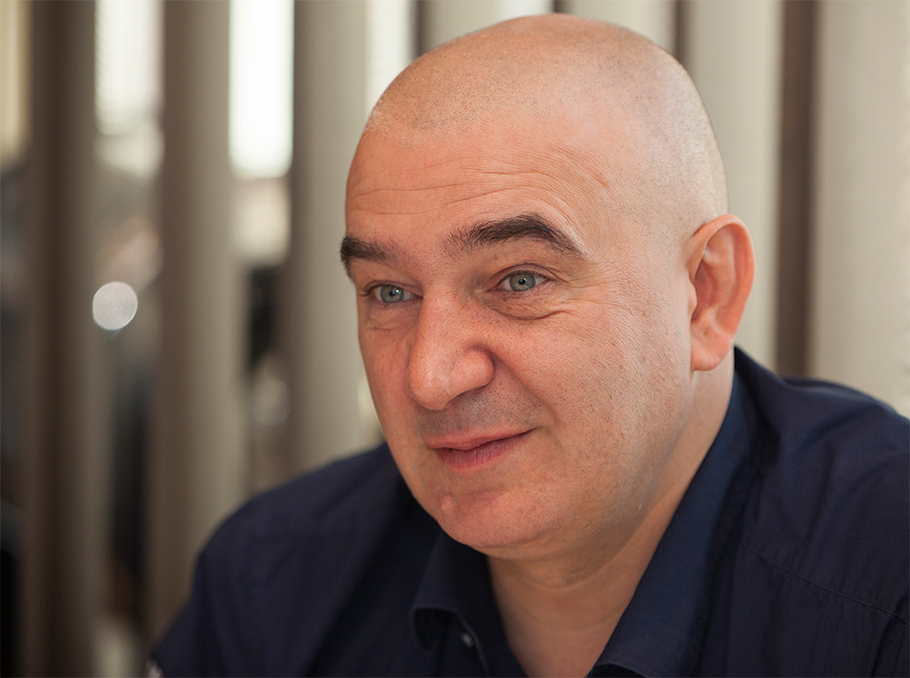 Serguei Beloussov
Serguei BeloussovPhoto: Mediamax
If it was possible to establish a successful school in Dilijan, then it’s worth building one in Bhutan as well. The experience of Ayb School is also interesting from this point of view. Probably exchange programs between pupils, students will be implemented,” Serguei Beloussov said.
Before our conversation with Kinzang Lhendup started, we found out that classes at schools in his country start with meditation. We offered to meditate before our interview, and it motivated the teacher, who then explained the technique.
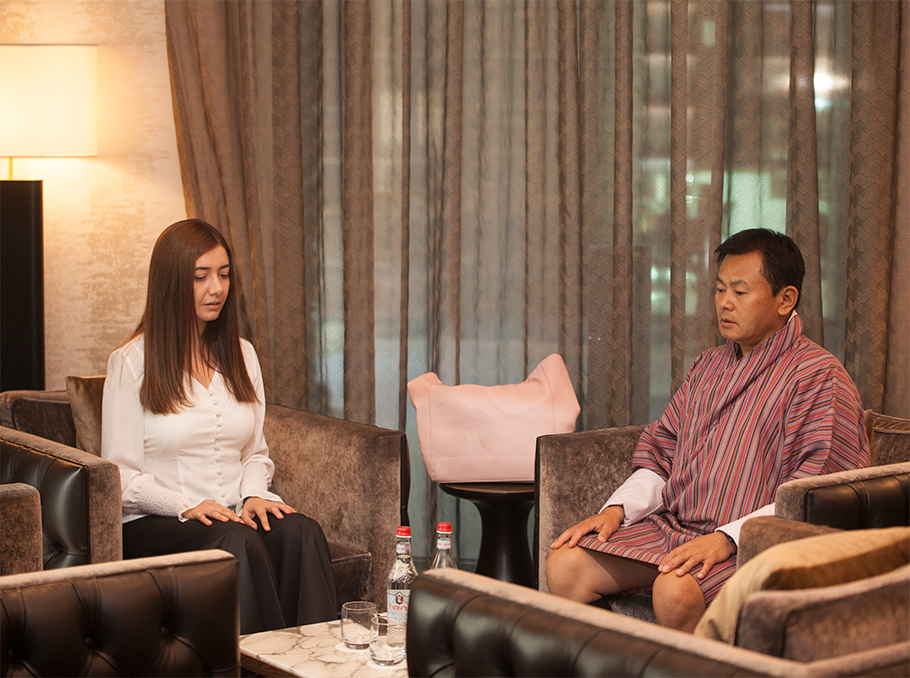 Kinzang Lhendup and Marie Tarian
Kinzang Lhendup and Marie TarianPhoto: Mediamax
Two minutes later he told the secret of happiness among his people and touched upon possible cooperation with Armenia in education sector.
Expectations from Armenia
I hadn’t heard the name of this country before, but I found very friendly and straightforward people, when I first came here. I’m an educationist, and I am interested in looking at different kinds of education systems in the world. Behavior and people can come from different cultures. We can take good practices from anywhere, and I would like to observe values that will help shape our children’s future. My aim is to see what Armenia can offer.
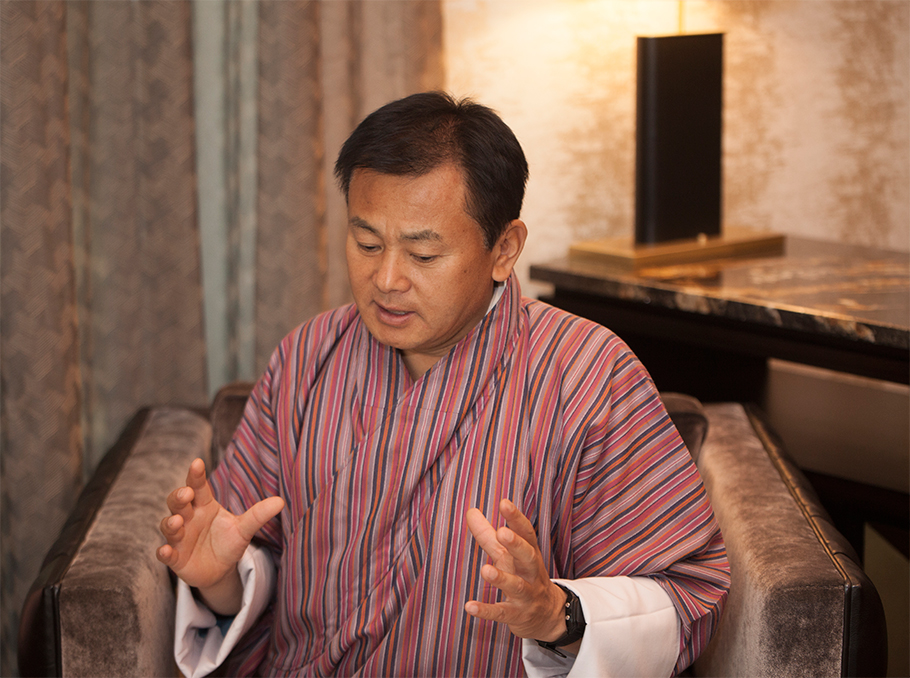 Kinzang Lhendup
Kinzang LhendupPhoto: Mediamax
Our countries are similar, and we can collaborate in the future. I’ve found out that Armenia’s population is homogeneous, which is an advantage, in case you want to implement a very good system. It’s much easier to put into practice a system, when you have a homogeneous society.
Students in our country focus on science, technology, entrepreneurship, while the development of these sectors still falls behind significantly.
Armenia is a small country, but I think this factor is very relevant in terms of information and communications technology. I hope Bhutan will collaborate with Armenia, as well as Acronis company.
The philosophy of happiness
Gross National Happiness Program is a huge subject. The term Gross National Happiness was coined in 1972, when King of Bhutan Jigme Singye Wangchuck said that Gross National Happiness is more important than Gross National Product.
Bhutan’s development is hinged on the philosophy of happiness. Gross National Happiness is instituted as the goal of the government of Bhutan in the Constitution of Bhutan.
The government must work towards creating happiness in the country, so it is not just one short activity or a program. Implementing happiness in the country is a multi-sector approach, and it is not an individual’s responsibility. Every one of us in Bhutan, depending on where we work, what we do, take our share of responsibility.
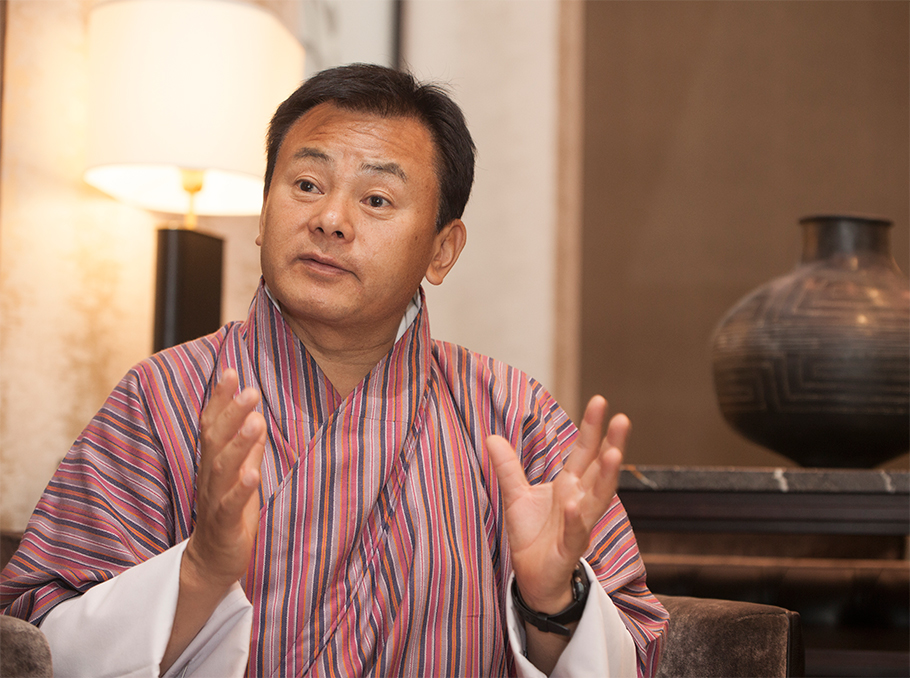 Kinzang Lhendup
Kinzang LhendupPhoto: Mediamax
I teach my student teachers how to instill values of happiness in children, so that they can use them in the future, when they become teachers.
The iron rules for happiness
There is no place for negativity and hate in our country. We talk about happiness, enhancing the well-being of the country. Our goals include preservation of the environment, promotion of culture, sustainable and equitable development and good governance. We believe that the happiness of the citizens of Bhutan can improve, if we take care of our population․ It’s a logical continuous project for us. We believe that you need to know the balance between the spiritual and material values in order to achieve happiness.
Today people around the world have become mindless, they are so excited about material things. They totally forget about the humanity, spiritual guidance, cultural values. In Bhutan we’re trying to reach spiritual and material harmony for each person from kindergarten.
Marie Tarian
Photos: Emin Aristakesyan
















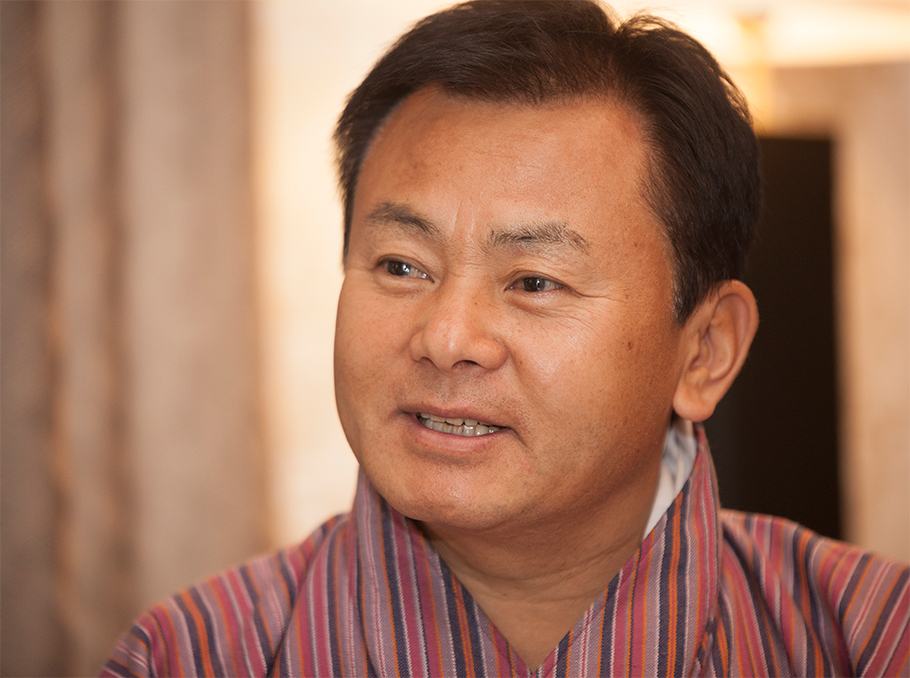
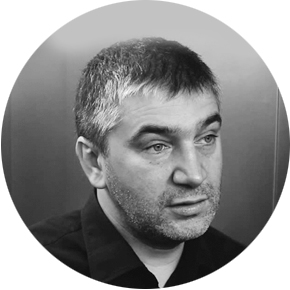

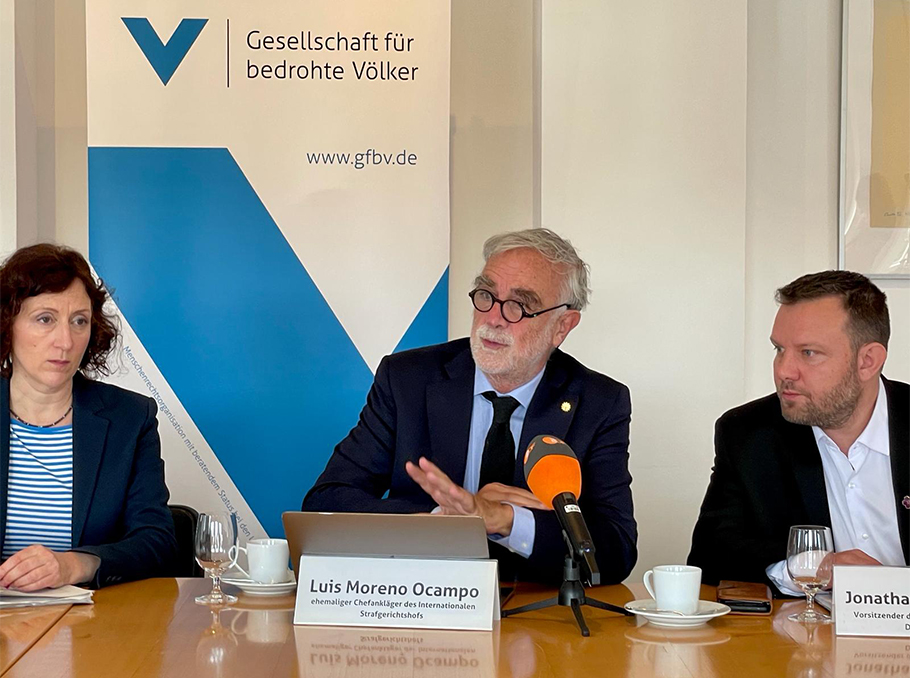
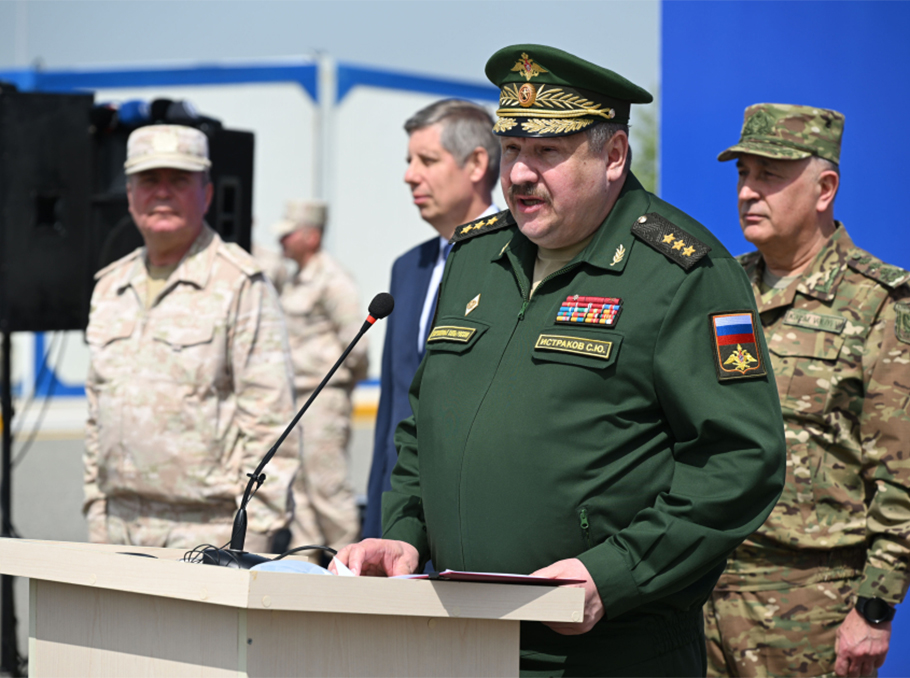






Comments
Dear visitors, You can place your opinion on the material using your Facebook account. Please, be polite and follow our simple rules: you are not allowed to make off - topic comments, place advertisements, use abusive and filthy language. The editorial staff reserves the right to moderate and delete comments in case of breach of the rules.